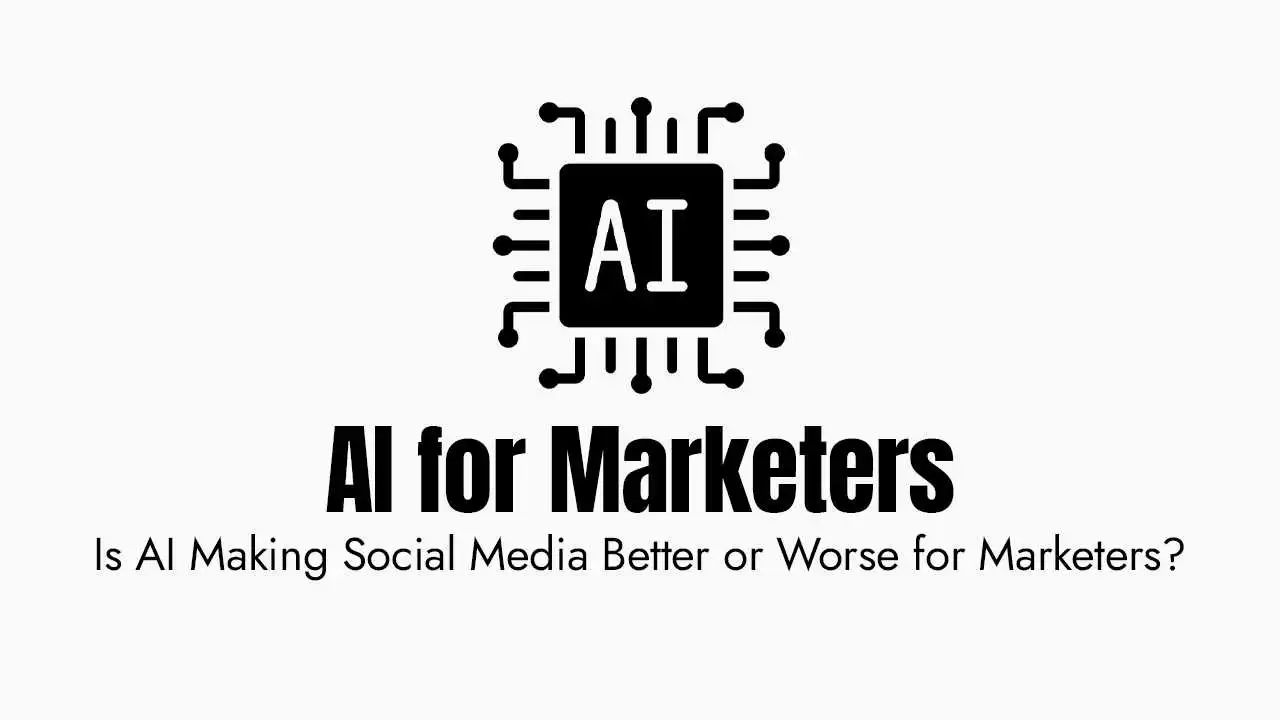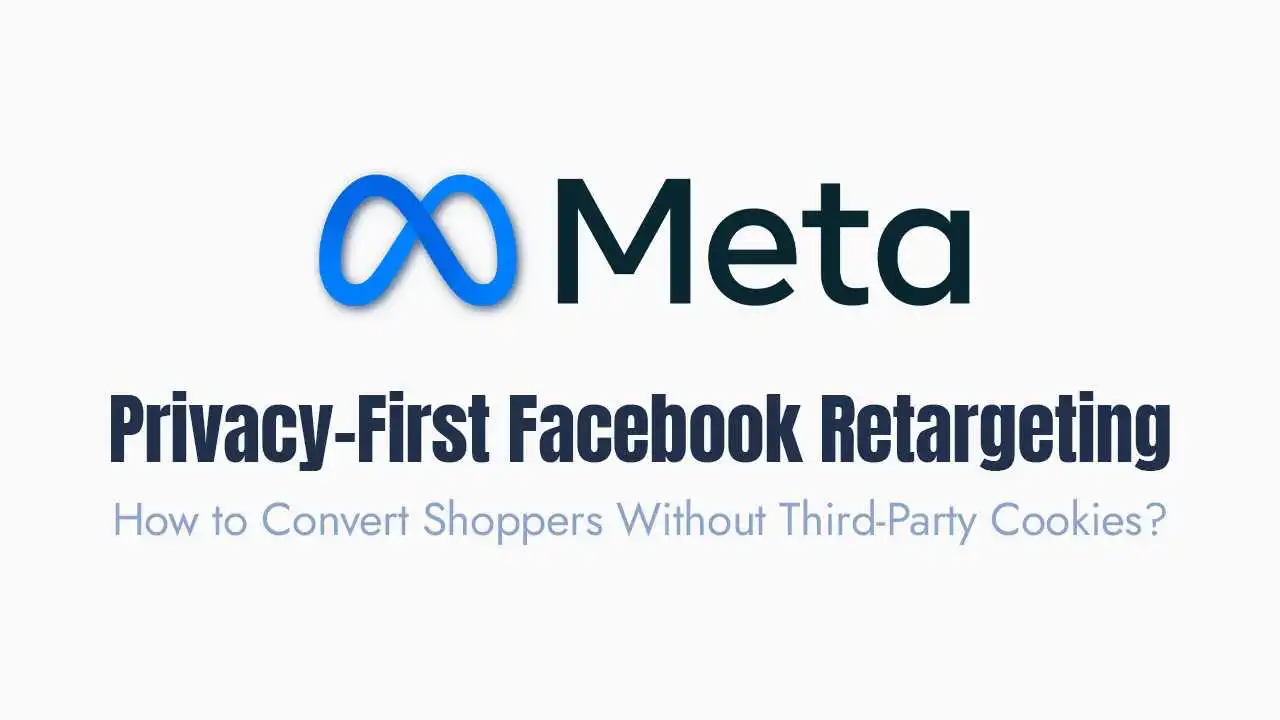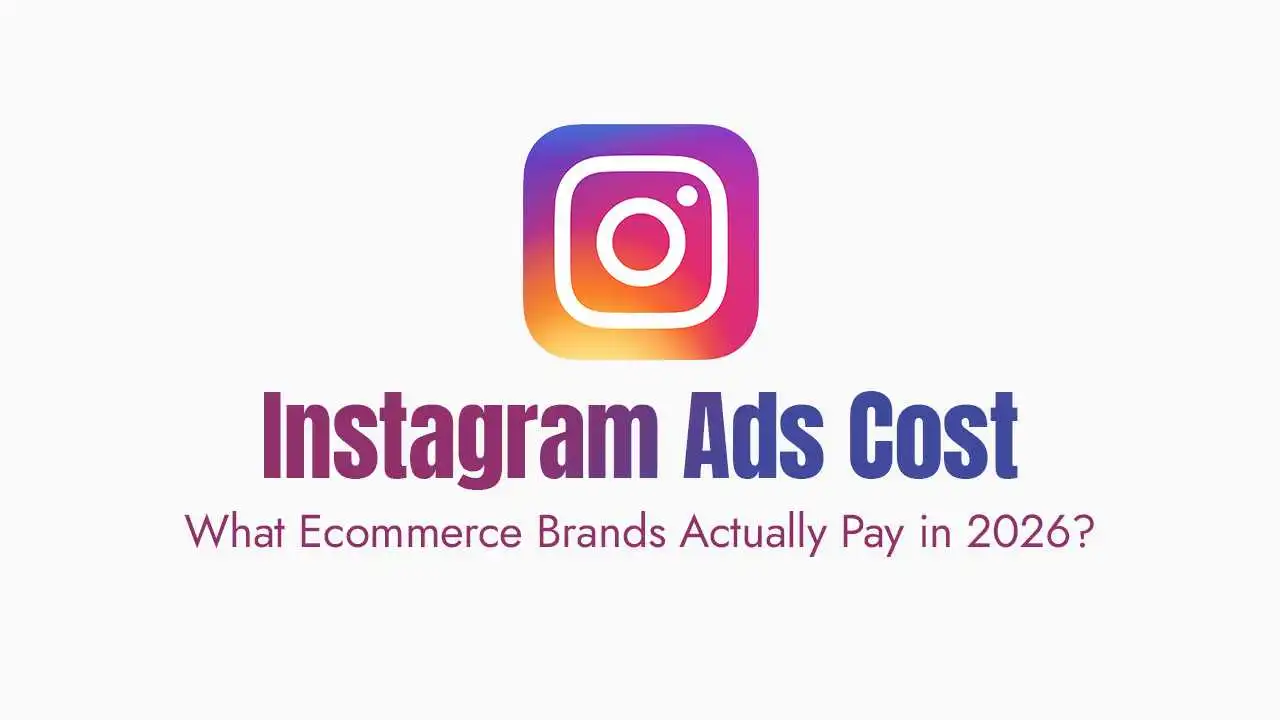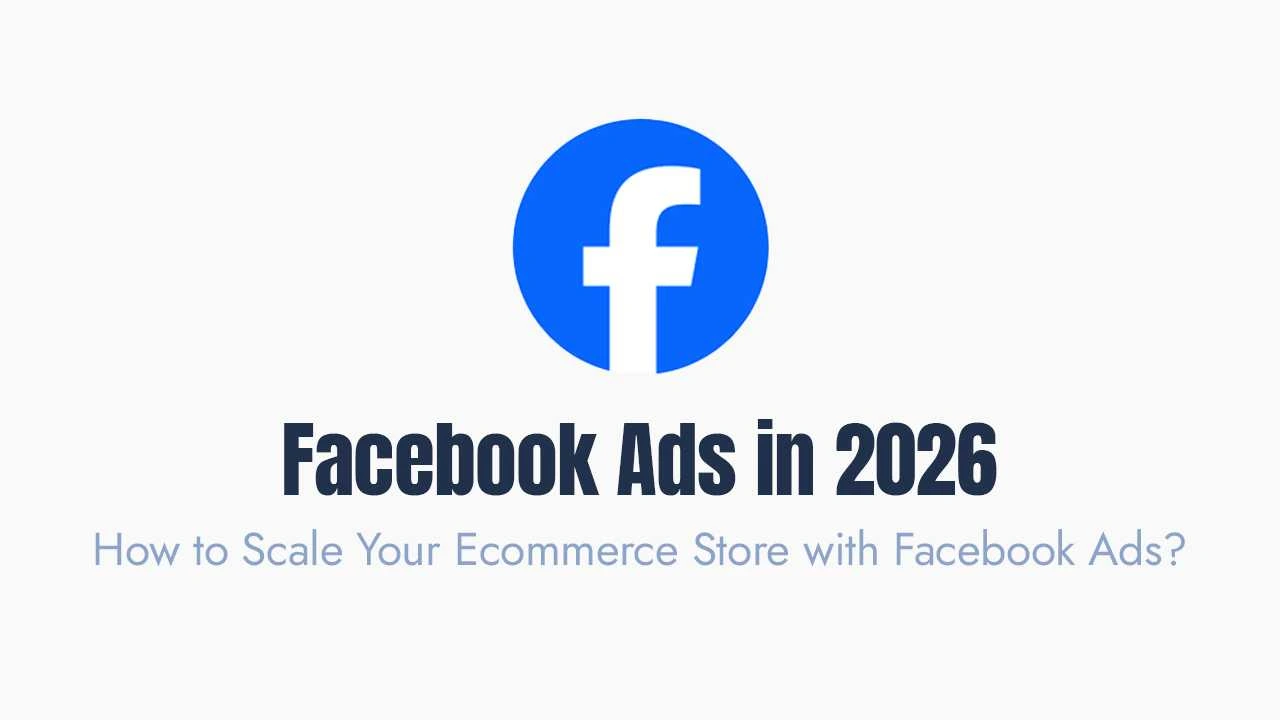The rise of AI has sparked a massive debate in the marketing world. On one hand, AI promises to automate tasks, personalize content, and provide unprecedented insights.
On the other, it raises concerns about authenticity, increased competition, and the human element of marketing. So, is AI making social media better or worse for marketers? The short answer is that it’s doing both, and the final verdict depends entirely on how a marketer chooses to use it.
AI is a powerful tool that makes marketing better for those who learn to wield it, but it makes the digital landscape worse for those who try to compete with it using outdated tactics.
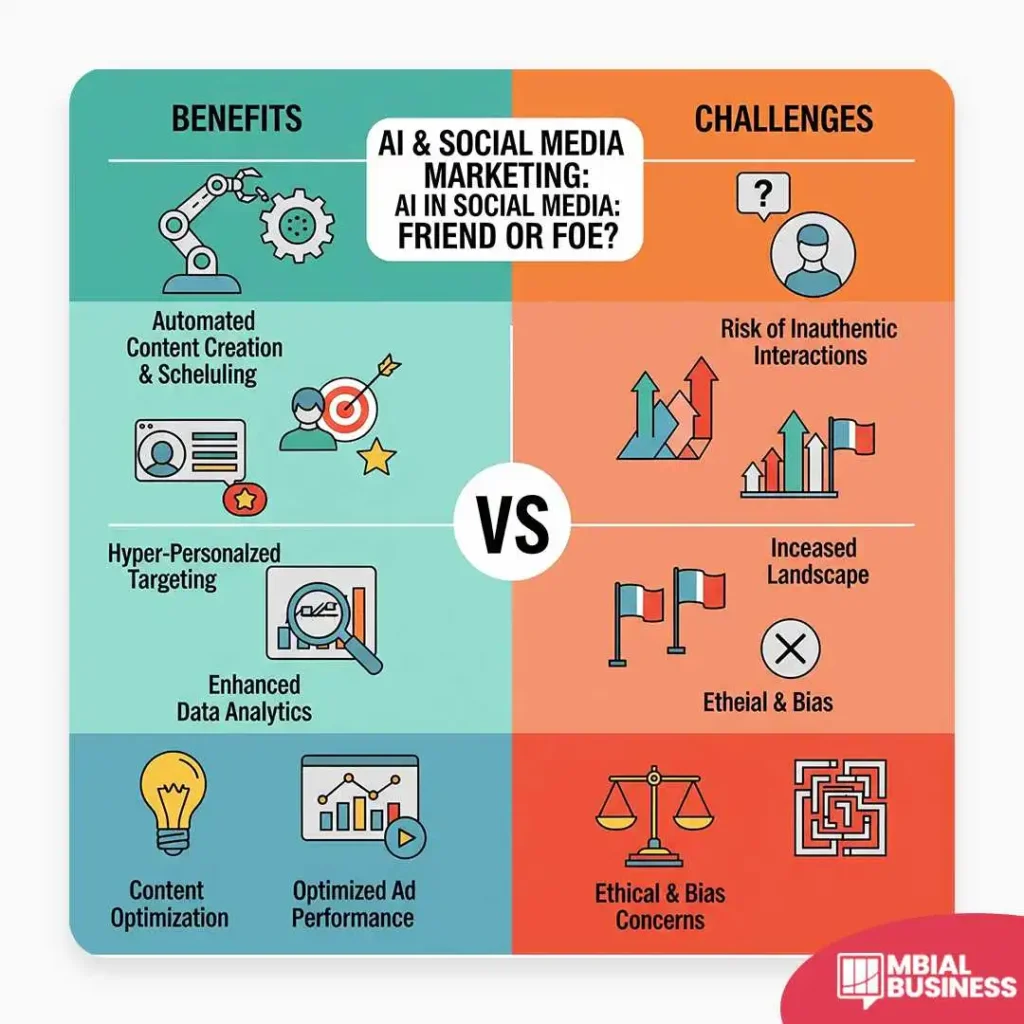
How AI is Improving Social Media Marketing?
For marketers who are willing to adapt, AI offers a world of opportunities that were once unimaginable.
Unmatched Efficiency and Automation:
AI is a game-changer for automating repetitive, time-consuming tasks. Tools can now write ad copy, generate post ideas, and even design visuals in minutes, not hours.
This frees up the marketer to focus on high-level strategy, audience research, and brand storytelling. As a result, campaigns can be launched faster and with more content variations for A/B testing.
Hyper-Personalization at Scale:
The era of “one-size-fits-all” marketing is over. AI-powered analytics can now analyze vast amounts of customer data—from purchasing history to social media behavior—to create hyper-specific audience segments.
This allows marketers to deliver personalized content that resonates deeply with a user’s unique interests and needs. This level of personalization leads to significantly higher engagement rates, stronger brand loyalty, and a better return on ad spend.
Data-Driven Insights:
AI can process and make sense of social media data at a scale that is impossible for a human. It can predict trends before they go viral, analyze sentiment in real-time, and identify the exact moments when your audience is most active.
These insights are invaluable, enabling marketers to make smarter, more strategic decisions that are backed by data, not guesswork.
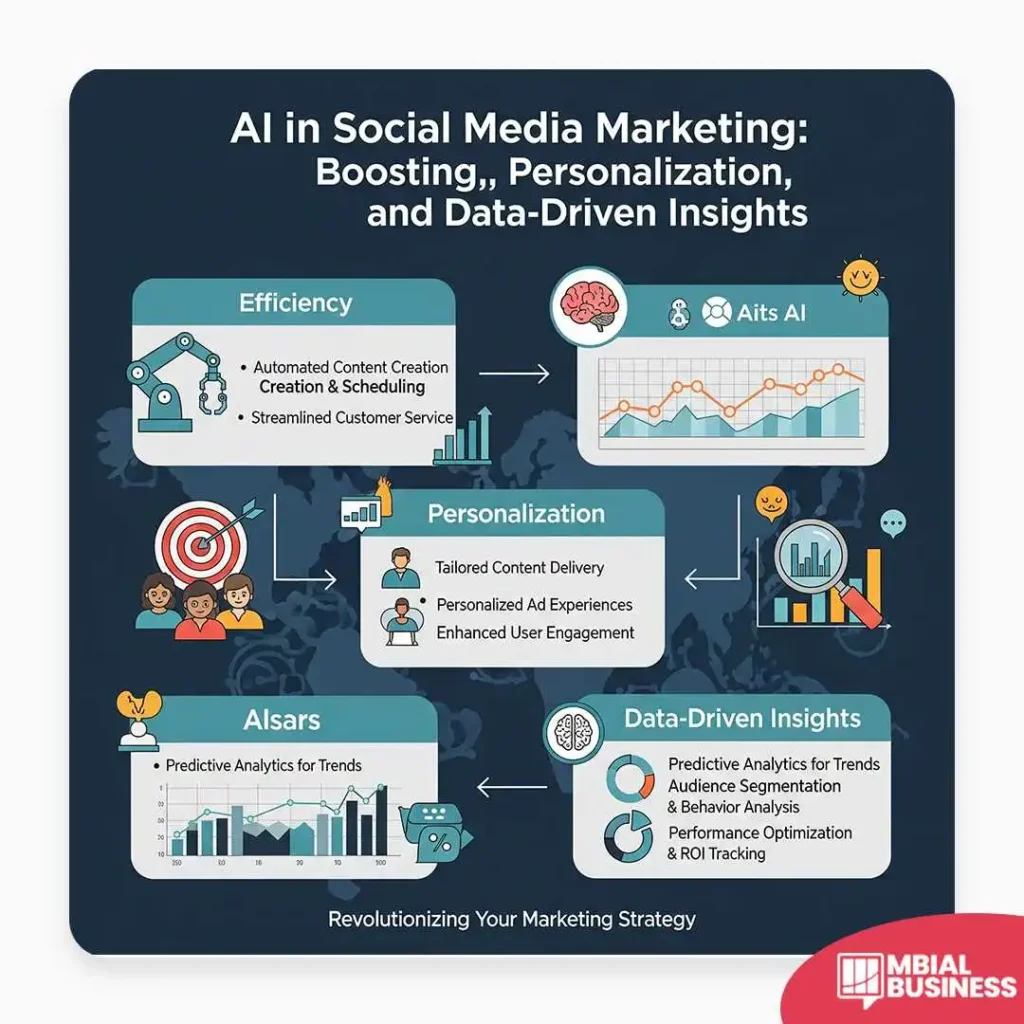
The Challenges and Downsides:
Despite the clear benefits, the widespread adoption of AI presents some serious challenges that marketers need to be aware of.
The Authenticity Crisis:
As AI-generated content becomes more common, the risk of a “soulless feed” grows. Consumers are becoming adept at spotting generic, inauthentic content. The human touch—the brand’s unique voice, humor, and ability to connect—is more valuable than ever.
Marketers must now spend extra effort “humanizing” AI-generated copy and visuals to ensure their brand doesn’t get lost in the sea of bland, machine-made content.
Increased Competition and Rising Ad Costs:
The barrier to entry for content creation has been dramatically lowered. This means more businesses are able to create a high volume of ads and social media posts, leading to an explosion of content.
This increased competition drives up ad costs and makes it much harder to stand out organically. A brand’s ability to create truly unique and compelling content is now the key differentiator.
Ethical and Algorithmic Bias:
AI models are only as good as the data they are trained on. This can lead to algorithmic bias, where the AI’s recommendations or content generation unintentionally reinforce harmful stereotypes.
For marketers, this means constant vigilance and ethical oversight are required to ensure their campaigns are not only effective but also responsible and inclusive.
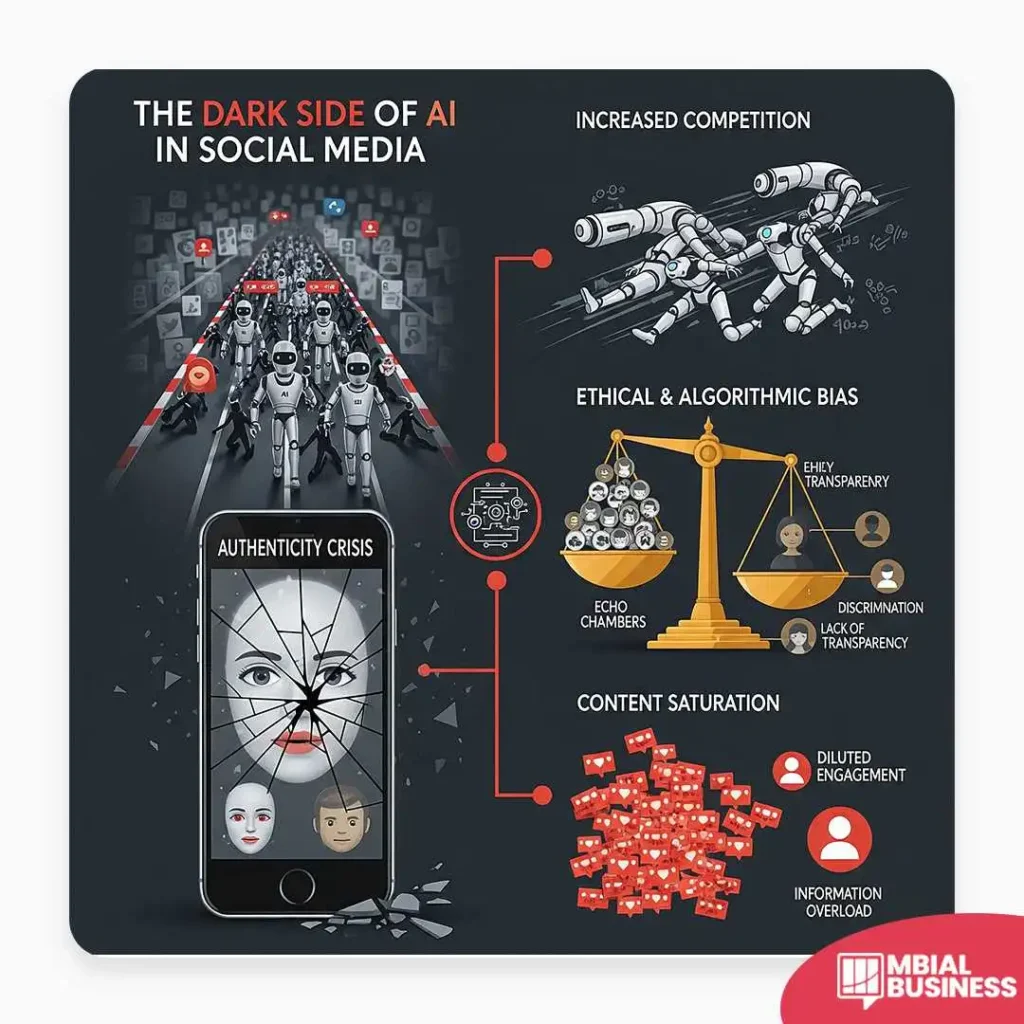
The Verdict: It's a Human-AI Partnership
The question isn’t whether AI will take over social media marketing, but how we can use it to elevate our work.
The most successful marketers in 2025 aren’t those who let AI do all the work; they are those who use AI to handle the mundane, data-heavy tasks, freeing themselves up to focus on what only a human can do:
Strategy and Vision:
A human marketer sets the goals, defines the brand story, and plans the overall campaign.
Creative Oversight:
A human reviews and refines AI-generated content, adding the unique voice, emotion, and authenticity that builds genuine brand loyalty.
Ethical Judgment:
A human provides the crucial ethical oversight to ensure the AI’s output is fair, responsible, and aligned with brand values.
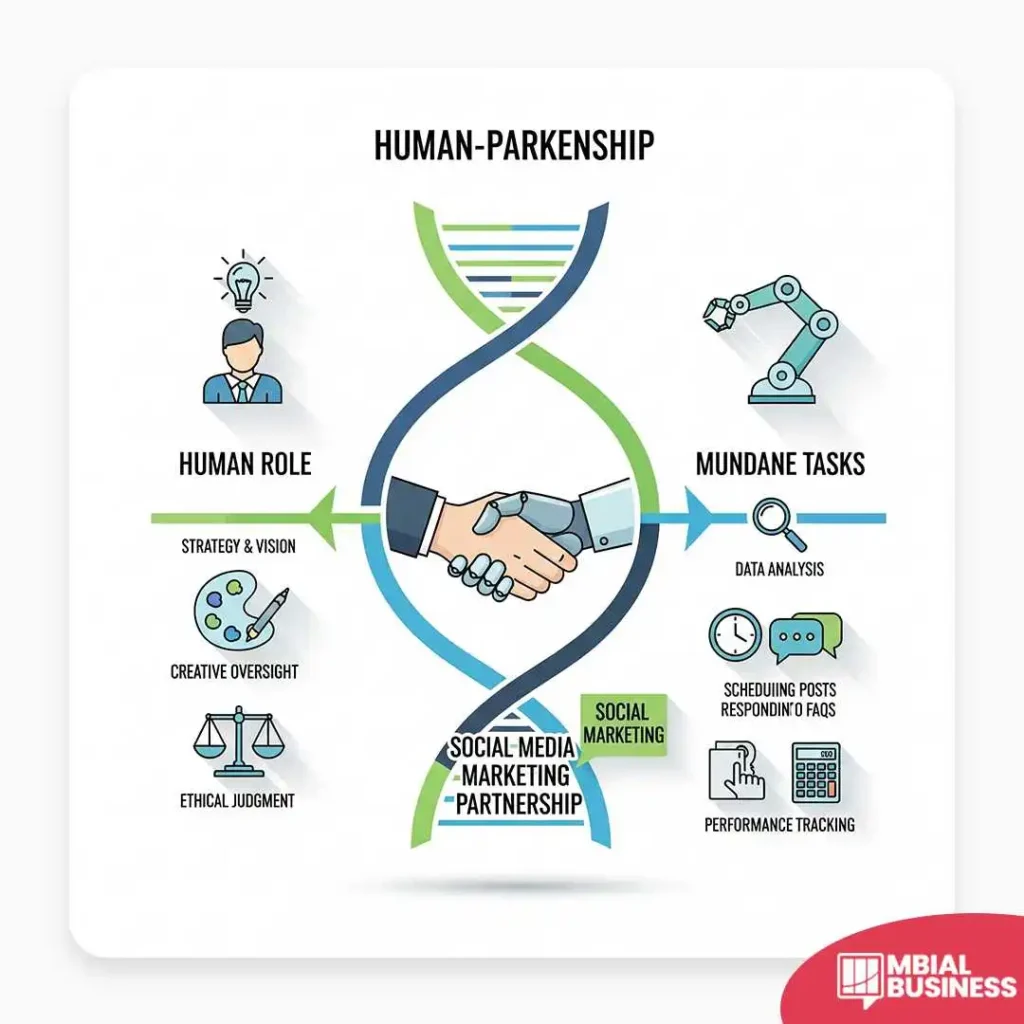
The Bottom Line:
AI is a double-edged sword. It has the potential to make social media marketing more efficient and powerful than ever before.
But it also creates new challenges and an even more competitive environment. The final outcome rests on the marketer’s ability to embrace AI not as a replacement, but as a collaborative partner in the creative and strategic process.

